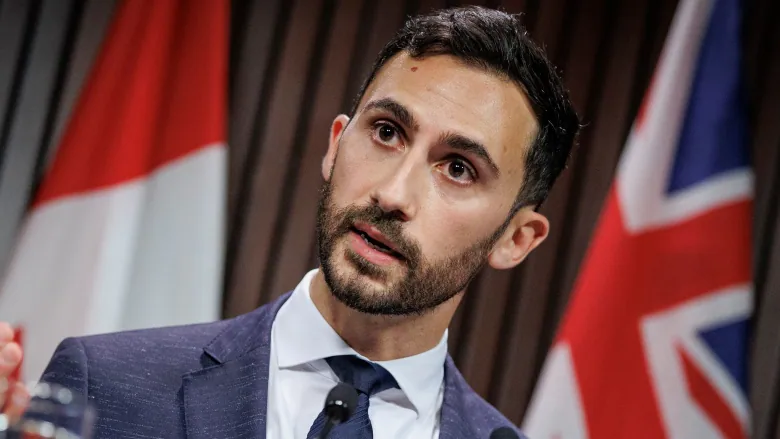Bargaining in early stages with no guarantee contracts will be in place before school year ends
Now that Ontario education workers have voted in favour of a new contract with the Ontario government, the focus shifts to the province’s other major education unions.
Contracts expired at the end of the summer for the Canadian Union of Public Employees (CUPE), the Elementary Teachers’ Federation of Ontario (ETFO), the Ontario Secondary School Teachers’ Federation (OSSTF), the Ontario English Catholic Teachers’ Association (OECTA), and the French-language union Association des enseignantes et des enseignants franco-ontariens (AEFO).
CUPE’s deal with the government is the first step to labour peace between the Progressive Conservative government of Premier Doug Ford and Ontario educators, but it wasn’t easy.
Educational assistants, custodians and other workers represented by CUPE walked off the job and shut down many Ontario schools on Nov. 4 after the Ford government passed controversial back-to-work legislation.
Will teachers get the same deal?
Larry Savage, a professor of labour studies at Brock University, says it’s difficult to read too much into the CUPE deal when trying to predict outcomes for the other unions. According to Savage, each group of workers has its own distinct needs and priorities, as does the government.
“I think it’s a bit of an open question what’s going to happen,” he told Personal Injury Lawyer Mississauga .
“On one hand, you saw with CUPE an increased level of militancy and workers demanding some catch-up given that their wages were being eroded by inflation. That’s something that all education workers have in common,” Savage continued.
“On the other hand, I think there’s a little bit of fatigue around labour disputes.”
Savage says both sides are wary of being blamed for any school closures after the lengthy COVID-19 shutdowns.
In the end, CUPE reached an agreement that the union says comes with a $1-per-hour raise each year, or about 3.59 per cent annually, for the average worker.
“I suspect if [teachers] are offered what CUPE was offered, they’ll take the deal,” Savage said.
Speaking Monday at Queen’s Park, Ontario Education Minister Stephen Lecce wouldn’t commit to giving teachers the same pay raise
“We are going to negotiate in good faith at the table, that’s where that discussion is going to be had.”
Although not entirely ruling it out, Lecce said the government doesn’t intend to use the Section 33 Notwithstanding Clause of the Canadian Charter of Rights and Freedoms, which the PCs invoked when they passed their controversial legislation to impose a settlement on CUPE education workers.
The law was repealed just days later, once CUPE called off the walkout it staged in protest.
“We’re going to negotiate. We’re going to stay at the table. We’re going to work hard to deliver a deal that respects workers and most importantly, respects the interests of kids,” the minister said.
Talks may go until summer
Whatever negotiating tactics are used, talks are still in the very early stages and are expected to last for months. At this point, there’s no guarantee that contracts will be in place before classes end in June.
In an interview with Personal Injury Lawyer Mississauga, OECTA president Barb Dobrowolski said her union has had fewer than 10 bargaining sessions with the government since its contract expired. In its last round of negotiations, more than 100 sessions were held before a deal was reached.
“As much as I’d like to think that by the end of the school year we’ll have an agreement, I wouldn’t put bets out on that. Sometimes these talks can take upwards of a year,” said Dobrowolski.
At this early stage, the union says it’s pleased with the progress negotiators are making.
“So far things are going well in the sense that discussions are respectful. But it’s very early to be saying how things will go down the line,” Dobrowolski.
The union representing Ontario high school teachers has also had just a handful of bargaining dates with the government. Early on, the two sides are also making progress, according to OSSTF president Karen Littlewood.
